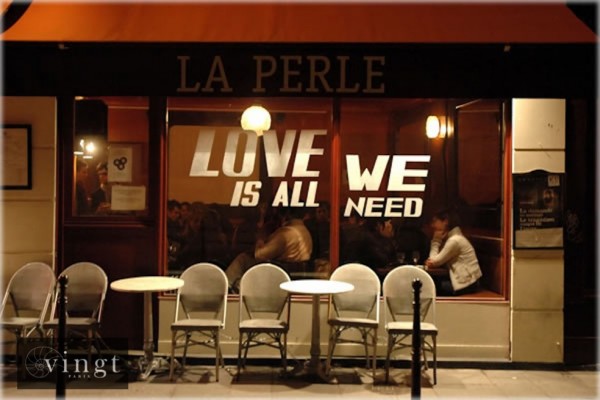Unspoken Rules of Paris: Self-Esteem SOS
Posted on November 5, 2012 by VINGT Editorial Text: Guillermo Martinez de Velasco Escobedo
Text: Guillermo Martinez de Velasco Escobedo
Image: Nouvelle Vague photographer Raymond Cauchetiere
It was one thirty in the morning on one of those April days when it’s finally warm enough to be jealous of the people that live on boats anchored between Pont Royale and Pont de la Concorde; a couple of friends and I had gotten quite good at coveting by the banks at this point. Suddenly, a group of young Parisians approached us. As is always the case, going out with female friends in Paris means having to deal with dozens of random men who approach them in one night. “Where are you from?” they asked first in French, then again, in French, before following it up with a “wearh ahre iu frum?”. “Sussex” we promptly replied. (author’s note: Most Parisians cannot discern an American accent from that of Sussex or any other region of the English speaking world). My other friend was tired of lying about her origin because she wanted to have a meaningful bonding experience with the Parisians and not just drive them away, like we did. “Texas” she replied.
“Oh, Texas” “Comme, George Bush”, “Les Cowboys”, “Hot Dogs”. A series of non-sentences exited his mouth before he said “America has no culture”. Living in Paris you come to terms with the fact that every so often, people will judge you based on stereotypes. While my friend tried to explain to them the wonders of Maya Angelou, I started a conversation with the guy next to me. “He’s right” he said, “Americans don’t really have a culture” “You, the English, do”. Of course he didn’t know that I was neither American nor English, but French and Mexican.
Each society has it’s own ways of interpreting that which they consider foreign or different. In France, differences have historically been analysed in terms of social classes. Because, Mon Dieu! it would be anti-Republican to acknowledge that cultural differences exists. La République sees only citizens and that is perhaps why all too pervasive notions of political correctness in other parts of the western world, are all but lacking in the City of Lights. I could write an entirerly separate article on how people treated me differently when I presented myself as French and when I did so as American, Canadian or Mexican (all cultures with which I identify). A separate one could also be written about instances where it was quite obviously the colour of my skin that made people treat me differently. But that’s not the point.
You are in Paris now and as shocking as it may be, Parisians are not nice. I know this is a huge generalisation; I now live with three of them and we get along fine. It’s not as simple as them having an attitute problem, there’s all sorts of notions of national pride, national insecurities, colonial legacies and a weird mix of shyness and jealousy that are at play. For those of you who have shed a tear or two whilst biting your lip on your way into the metro or walking through central Paris, this is a guide on how to maintain a healthy self-esteem.
Much like Trieste during the time of Joyce or Magris, Dostoyevsky’s St. Petersburg, or London and New York now; Paris has enjoyed the status of an artistic, avant-garde city. Once during the time of Proust, with the Bohemians (who got their name because they lived in the same neighbourhoods as the often poor Roma peoples from Bohemia) and another, during the time of F. Scott Fitgerald, Anaïs Nin and Henry Miller; a sort of ex-pat rejuvenation of the city. Later on in ’68, Paris again seemed to be at the forefront of social and cultural progressiveness. Since then however, they have been riding the wave of reputation and they know it! In a desperate attempt to counter this, most Parisians will, knowingly or not, attempt to discredit all of that which is not home-grown. The foreign, whilst admirable, always seems to have something off about it. Don’t take it personally, it’s not you, it’s a slew of political and historical factors that are at play. The fact that you notice them is a step in the right direction.
Although it may not seem like it, most Parisians are extremely self conscious about their English. Often what comes across as snobby remarks or attitude-laden comments are quite simply a misinterpretation of someone’s linguistic shyness. (See their eyes darting away? Notice how they seem not so keen in talking to you?) Use this to your advantage. Everyone in Paris is secretly dying to have non-French friends and even more so, lovers. French girls are, for the most part genuinely putting up a front due to a pervasive culture of chauvinist pick up lines and attitudes when in public. However, in a social situation like at a party or even a bar, it’s usually just the fact that they are embarrased to have an actual conversation with you. French men, fear they won’t seem as ‘sophisticated’ or ‘worldy’ if they produce clumsy sentences. It’s your job to make them feel comfortable. As always, play it by ear and pay attention to context. Sometimes, people genuinely don’t want to talk to you.
If there is one thing that Paris still manages to dominate, it is to be a central hub in the established world of fashion. This is reflected in the fact that everyone, will be more or less following current trends in clothing. Parisians know how to look good. From the unbottoned shirt, blazer, jeans and nice boat shoes combo in the 7ème, to the winter hair in a bun, leggings and a long, pale green jacket around the Marais. The trick is to look around you. Of course, you’ll find gorgeous people, but you’ll also find the majority are ordinary Parisians. What do they do? They know that no matter what jeans or shirt they wear (within reason), they can always look good with some nicely shaped shoes and a nice blazer, jumper or vest. Find what you like and get something similar. Half the work is in walking as if you were wearing the highest of haute couture.
Another source of self-esteem worries is the way people tend to be treated in retail establishments. In most parts of the English-speaking world, polite customer service is a given. People want you to buy things, so they are nice to you. In Paris, the person behind the counter never forgets that being there is taking away from their Republic-given right to leisure. They don’t want to be there, and they know that French law makes it difficult for them to get fired. They treat you as if they were doing you a favour because in their eyes, they actually are. They won’t move an extra muscle for the system that is making them work for minimun wage and at the same time might lower or take away their pensions. All they want to do is to save enough money to get out of the city in August. If you’re just going to browse, or even if you’re going to buy something, why should they help you? If they know how things work, then why shouldn’t you? I mean, don’t you ever shop in stores? Of course, this comes as a complete shock to most of us.
Parisians are in a perpetual state of identity crisis. On one hand, they rightfully pride themselves on their city’s beauty and rich history. On the other, they realise that they are no longer at the forefront of, well, anything really. Today, the trendier fashion houses such as Martin Margiela, Chanel or even Comme des Garçons, are either not French or not run by Frenchmen anymore. It must be said that this article is a very vague generalisation and that I believe everything that exists within the borders of France (including the tourists) should be considered an integral part of what it means to be French. That being said, there are times when different cultural forces at play will makes us want to run to our chambre de bonne, eat slice after slice of nutella bread while desperately seeking old friends on Skype. It is important to bear in mind, as ridiculous as this sounds, that you are commiting no fault by living in Paris or interacting with its inhabitants. Most of the time people have no idea of what they’re doing or saying. Condescending? Yes. Apologetical? Also. But when you’re getting dirty looks from the girl behind the cash register because you answered your phone in the store, it helps to think like this. Like it or not, most Parisians simply cannot shake off the legacies of social darwinism instituted during the time of Empire.
In this, you can pride yourself in knowing better. In time, this will all change because, quite frankly, tensions between the city’s inhabitants, cannot carry on in this way. Parisians feel like they are the direct descendants of the those who gave the greatest gift to the modern world, the French Revolution. And, in their minds, such a feat excuses their vices. The world should be eternally grateful of this very Parisian shift in political thinking. (There is definitely a self-righteousness about les Républicains.) This is one of the hardest things to deal with.
That being said, and with the exception of the blatantly politically incorrect, the French do have a point, leisure is good, looking good is even better, and they do live in a feast for the eyes.

